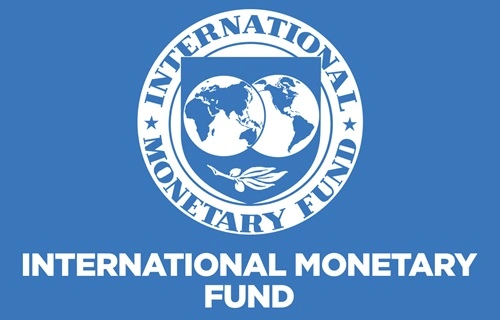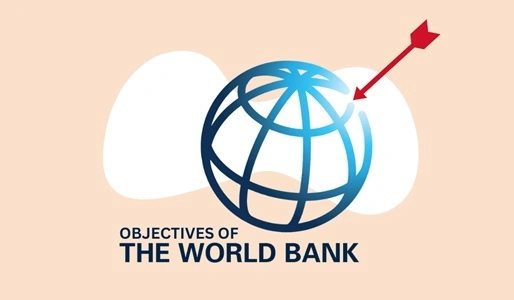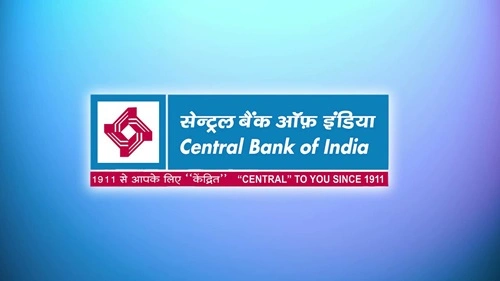The International Monetary Fund, or IMF for short, is a major financial agency of the United Nations, and you must have heard of it in the news or headlines so many times already. Well, that’s because it gets involved in a lot of stuff around the globe, especially with the way many governments function around the globe. So, if you’re unaware of whatever the IMF is, how it functions, what its objectives are, and what the criticisms or drawbacks of the IMF are, then just keep on reading. Here we go.
How Did the IMF Start?

The IMF came to be during a large gathering called the Bretton Woods Conference in 1944. In those days, the nations were pretty downtrodden after the aftermath of war, so now they got together to prevent yet another financial disaster.
Initially, the IMF was to keep the currencies steady in different countries. But when that system crashed down in 1971, the IMF changed gears and instead started trying to help countries experiencing hard times, like financial crises. Some important milestones in its history are:
- Helping through the 1997 Asian Financial Crisis.
- Standing by Argentina as its economy collapsed in 2001.
- Taking the side of Greece through its debt crisis after 2010.
- Giving funds and extending assistance during the COVID-19 pandemic in 2020.
Structure and Governance of the IMF
The IMF has a clear setup to manage its work, and we’re referring to the day-to-day basis tasks as well. Here’s the quick breakdown of it all:
- Board of Governors: Each country sends one person, usually a minister of finance or a central bank governor, to represent it.
- Executive Board: This collective body of 24 persons deals with the day-to-day activities.
- Managing Director: The senior-most person of the IMF, currently held by Kristalina Georgieva.
Now, the thing is: not all nations have equal considerations. Every country contributes money to the IMF, which is called the quota. The more you give, the more voting power you have. Plain and simple! But yes, in 2016, economic development gave countries such as India and China more power.
Objectives of the IMF
Well, right now, as of 2025, here are the main aims of the IMF and what they’re trying to achieve:
- Work with countries on monetary issues.
- Maintain stability in the global financial system.
- Simplify the flow of international trade.
- Create jobs and stimulate economic growth.
- Eradicate poverty, especially in developing countries.
All in all, the IMF will try to enable countries to trade, grow, and stay clear of financial trouble. Pretty important stuff, well, at least that’s what it sounds like on paper.
Key Functions and Activities
1. Keeping an Eye on the Global Economy
The IMF is first and foremost a global watchdog for monetary matters, to put it simply! They look at how countries fare with something that includes expenditures, price changes (read: inflation), debt, and trade. They call this surveillance, which is just a fancy term for keeping an eye on everything.
So, what does this data go through? It is analyzed closely by the IMF to strengthen the economies of the countries. Also, useful reports are published: World Economic Outlook, Fiscal Monitor, and Global Financial Stability Report, having a huge impact on global financial stability.
2. Lending a Hand to Countries in Trouble
Sometimes a country experiences severe financial turbulence. Perhaps it cannot pay for goods from other countries, or it is burdened with debts to a certain extent. This is where the IMF comes into the picture. It lends money to the country in distress.
Yet hold on a bit, you see, it’s not free money. There is a catch: the country must agree to address specific issues in their economy, perhaps cutting back on spending or improving their tax system, among others.
3. Helping Countries Build Stronger Systems
The third IMF big job is teaching countries to manage their money better. This is termed “capacity development,” but in actual essence, it’s just giving trainers the ability to do things in an orderly way.
Say a hypothetical example, the IMF offers technical assistance so that government workers may learn how to prepare a budget, collect taxes in an appropriate way, manage the central bank, or act with the right commercial sense in regard to loans and debt. Such services would be particularly useful for developing countries or those that have recently undergone a crisis.
Benefits of the IMF
1. Emergency Help When You Need It
When a country runs out of money, the IMF steps in to offer assistance. You know, this is to keep the economy from crashing and burning.
2. Helping the Poorer Nations to Grow
The poorer nations often cannot borrow from commercial banks, so yes, the IMF loans money at cheap rates and teaches them to manage their money better. This is a huge thing in terms of growth.
3. Keeping the World Economy Safe
If one country’s economy goes down, it helps bring the others down along with it, and that’s how it works. The IMF moves quickly to prevent the problem from becoming a worldwide one.
4. Sharing Useful Info
The IMF collects bottomless economic data and shares this with governments, banks, and researchers. This allows everyone to make sober, smart, and effective decisions.
Drawbacks and Criticisms of the IMF
1. Tough Loan Conditions
Countries borrow from the IMF only on very strict conditions, such as cutting spending, raising taxes, or selling off government services. This can really hurt the common man, at least in the short run.
2. Lesser Control for Countries
In contrast, some argue that the IMF imposes certain rules on countries even if those rules are not suitable for local needs or culture. This is another dimension of lost control right there.
3. Making Inequality Worse
Cutting public spending could mean fewer schools, hospitals, or jobs. Usually, this hurts people who are already placed at risk, which in itself is not good.
4. Bigger Countries Have More Power
Because of greater financial involvement, larger countries such as the U.S. and certain European powers have been able to gain greater voting power.
5. Encouraging Risky Borrowing
Some countries might go off the extreme in their borrowing, thinking that the IMF will come to their rescue, and sure enough, this kind of mentality is called moral hazard and is a legitimate concern.


